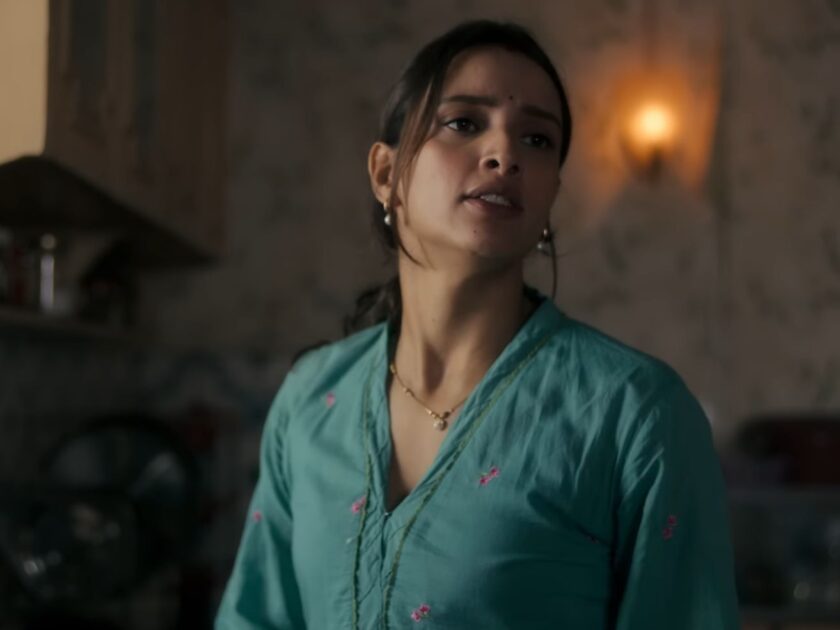Lucknow: Technology is significantly driving music innovation in India, transforming how music is produced, distributed, and consumed. From advancements in production tools to the rise of streaming platforms and AI-driven music creation, technology is reshaping the Indian music industry in profound ways. Here’s a comprehensive look at how tech is driving music innovation in India:
1. Digital Production Tools and Software
- Democratization of Music Production: The availability of affordable digital audio workstations (DAWs) like FL Studio, Ableton Live, and Logic Pro has democratized music production in India. Independent artists no longer need access to expensive studios to create high-quality music. With just a computer and basic equipment, musicians can produce, mix, and master their tracks at home.
- Electronic Music Growth: The rise of electronic dance music (EDM) in India, driven by tools like synthesizers, drum machines, and DAWs, has led to the emergence of new genres and subcultures. Artists like Nucleya, Ritviz, and Dualist Inquiry have gained popularity by blending traditional Indian sounds with electronic beats, creating a unique fusion that resonates with young audiences.
2. Streaming Platforms and Digital Distribution
- Access to Global Audiences: Streaming platforms like Spotify, Apple Music, Gaana, JioSaavn, and YouTube have revolutionized how music is distributed and consumed in India. These platforms allow Indian artists to reach global audiences, breaking down geographical barriers and opening up new markets.
- Data-Driven Content Creation: Streaming platforms use algorithms and data analytics to understand listener preferences, helping artists and producers tailor their music to target audiences. This data-driven approach has led to the creation of more personalized content, enhancing listener engagement.
- Monetization and Royalties: Digital distribution has also provided artists with new revenue streams. Through streaming royalties, independent artists can now earn money from their music without relying on traditional record labels. This has empowered a new generation of musicians to pursue their craft full-time.
3. Social Media and Online Promotion
- Building Personal Brands: Social media platforms like Instagram, Twitter, and TikTok have become essential tools for music promotion in India. Artists use these platforms to build personal brands, engage with fans, and create viral content that can propel their music to new heights.
- Viral Hits and Challenges: The rise of short-form video content on platforms like TikTok and Instagram Reels has led to the viral success of many songs. Tracks like “Rasode Mein Kaun Tha” and “Bachpan Ka Pyaar” became overnight sensations, thanks to user-generated content and social media challenges.
4. Artificial Intelligence and Machine Learning
- AI-Generated Music: Artificial intelligence is increasingly being used in music composition and production. Tools like AIVA (Artificial Intelligence Virtual Artist) and Amper Music allow artists to create original compositions with the help of AI, enabling new forms of creativity and experimentation.
- Personalized Playlists: Streaming platforms use machine learning algorithms to create personalized playlists for users, such as Spotify’s “Discover Weekly” or Apple Music’s “For You.” These playlists introduce listeners to new music based on their listening habits, helping artists gain exposure to potential fans.
5. Virtual Reality (VR) and Augmented Reality (AR)
- Immersive Music Experiences: VR and AR technologies are being used to create immersive music experiences in India. Virtual concerts, 360-degree music videos, and AR-enhanced live performances offer fans a new way to experience music, blending the physical and digital worlds.
- Virtual Collaborations: VR and AR also enable remote collaborations between artists, allowing them to create and perform music together despite being in different locations. This has become particularly relevant in the post-pandemic world, where physical distancing has limited in-person interactions.
6. Blockchain and NFTs
- New Revenue Models: Blockchain technology and non-fungible tokens (NFTs) are opening up new revenue models for Indian musicians. Artists can tokenize their music, offering fans exclusive ownership of tracks, albums, or even concert experiences. This not only provides an additional income stream but also deepens fan engagement.
- Decentralized Music Platforms: Blockchain-based music platforms, such as Audius, allow artists to distribute their music directly to fans without intermediaries. This decentralized approach ensures that artists retain more control over their work and earn a larger share of the revenue.
7. Music Tech Startups and Innovation
- Growth of Music Tech Startups: India has seen a surge in music tech startups that are driving innovation in the industry. Companies like Twaang (a music streaming service focused on independent artists), Gigital (a platform for live music booking), and Flutin (a music discovery and streaming app) are examples of how tech entrepreneurship is shaping the future of Indian music.
- Collaborative Platforms: Startups are also creating platforms that facilitate collaboration between artists, producers, and other music professionals. For instance, Songdew connects independent artists with industry experts, helping them with production, promotion, and distribution.
8. Educational Technology and E-Learning
- Online Music Education: Technology has revolutionized music education in India, making it accessible to a wider audience. Platforms like Coursera, Udemy, and Indian-specific platforms like Music Pandit offer online courses in music theory, production, and instrument training. This democratizes access to high-quality music education, nurturing the next generation of Indian musicians.
- Interactive Learning Tools: Apps like Yousician and Simply Piano offer interactive music lessons, making it easier for beginners to learn instruments like the guitar, piano, and even Indian classical instruments. These tools use gamification and real-time feedback to enhance the learning experience.
9. Impact on Traditional Music Forms
- Preservation and Revival: Technology has also played a role in preserving and reviving traditional Indian music forms. Digital archiving and recording projects have helped document and share classical and folk music with new audiences. Additionally, collaborations between traditional musicians and electronic producers have led to innovative fusion genres that bring ancient music into the modern age.
- Global Collaborations: Indian classical and folk musicians are increasingly collaborating with international artists, facilitated by digital platforms and technology. These collaborations often lead to unique cross-cultural music that resonates with global audiences.
10. Challenges and Ethical Considerations
- Intellectual Property and Piracy: While technology has provided new avenues for music distribution, it has also made it easier for piracy and unauthorized distribution to occur. Protecting intellectual property rights in the digital age remains a significant challenge for Indian musicians.
- Algorithmic Bias: The reliance on algorithms for music recommendations and content creation can lead to concerns about bias and the potential homogenization of music. Ensuring that diverse voices and genres are represented in digital platforms is crucial for maintaining the richness of India’s musical heritage.
Technology is undoubtedly driving innovation in India’s music industry, reshaping how music is created, distributed, and experienced. From digital production tools and streaming platforms to AI-driven composition and blockchain-based revenue models, the intersection of music and technology is opening up new possibilities for artists and listeners alike. As India continues to embrace these technological advancements, the country is poised to further strengthen its position as a global music hub, with a rich tapestry of sounds that reflect both its traditional roots and contemporary creativity.










